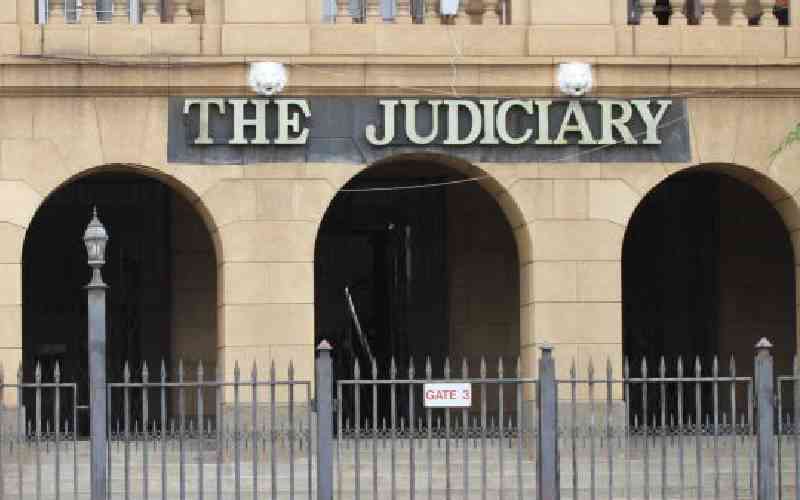×
The Standard e-Paper
Join Thousands Daily

Two recent decisions by the High Court, one declaring the Chief Administrative Secretaries (CAS) positions unconstitutional and the other injuncting implementation of the Finance Act should silence those who had already written the epitaph on the Judiciary.